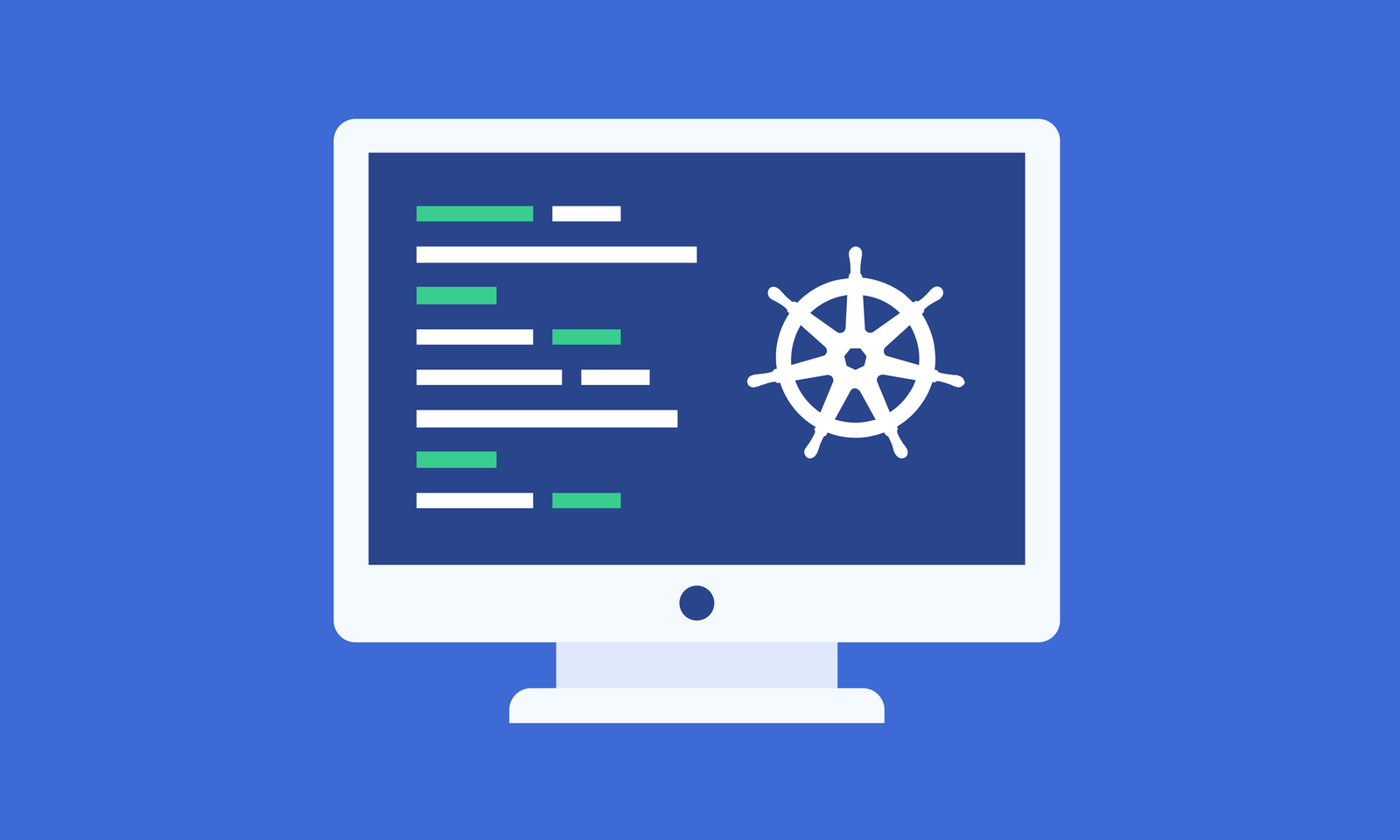
Kubernetes, the powerful container orchestration platform, has become the de facto standard for managing containerized applications at scale. As Kubernetes environments grow in complexity, monitoring and debugging become paramount. One essential tool in a Kubernetes developer’s arsenal is kubectl, which allows for efficient management and interaction with Kubernetes clusters. In this article, we’ll explore how to leverage kubectl for efficient logging, a crucial aspect of Kubernetes debugging.
1. Accessing Container Logs
The most basic way to access logs is by using the kubectl logs command. For example, to view the logs of a container named my-container in a pod named my-pod in the my-namespace namespace, you can use:
kubectl logs -n my-namespace my-pod -c my-containerThis command provides real-time access to the logs of the specified container, allowing you to troubleshoot issues as they happen.
2. Fetching Logs from Multiple Containers
In pods with multiple containers, you can fetch logs from all containers at once using:
kubectl logs -n my-namespace my-pod --all-containers=true
This is helpful when debugging interactions between containers within a pod.
3. Streaming Logs
To stream logs in real-time as they are generated, use the -f flag:
kubectl logs -n my-namespace my-pod -c my-container -f
Streaming is invaluable for diagnosing live issues or monitoring application behavior in real-time.
4. Log Limits and Tail
By default, kubectl logs shows the most recent logs. You can specify the number of lines to display with the --tail option:
kubectl logs -n my-namespace my-pod -c my-container --tail=100
5. Previous Container States
In case a container has terminated, you can access its previous logs using:
kubectl logs -n my-namespace my-pod -c my-container --previous
This is useful for post-mortem analysis of container failures.
6. Log Labels and Selectors
When dealing with multiple pods, you can use label selectors to filter logs efficiently:
kubectl logs -n my-namespace -l app=my-app
This command retrieves logs from all pods with the label app=my-app.
7. Exporting Logs to Files
To export logs to a local file for further analysis, you can use I/O redirection:
kubectl logs -n my-namespace my-pod -c my-container > my-container-logs.txt
8. Logging Plugins and Extensions
Kubernetes has a rich ecosystem of logging plugins and extensions that integrate with kubectl to provide enhanced logging capabilities. Popular options include Fluentd, Elasticsearch, and Kibana (EFK) stack, as well as Prometheus and Grafana for monitoring and alerting.
For kubectl monitoring commands: https://devopstipstricks.com/efficient-logging-with-kubectl-tips-and-tricks/